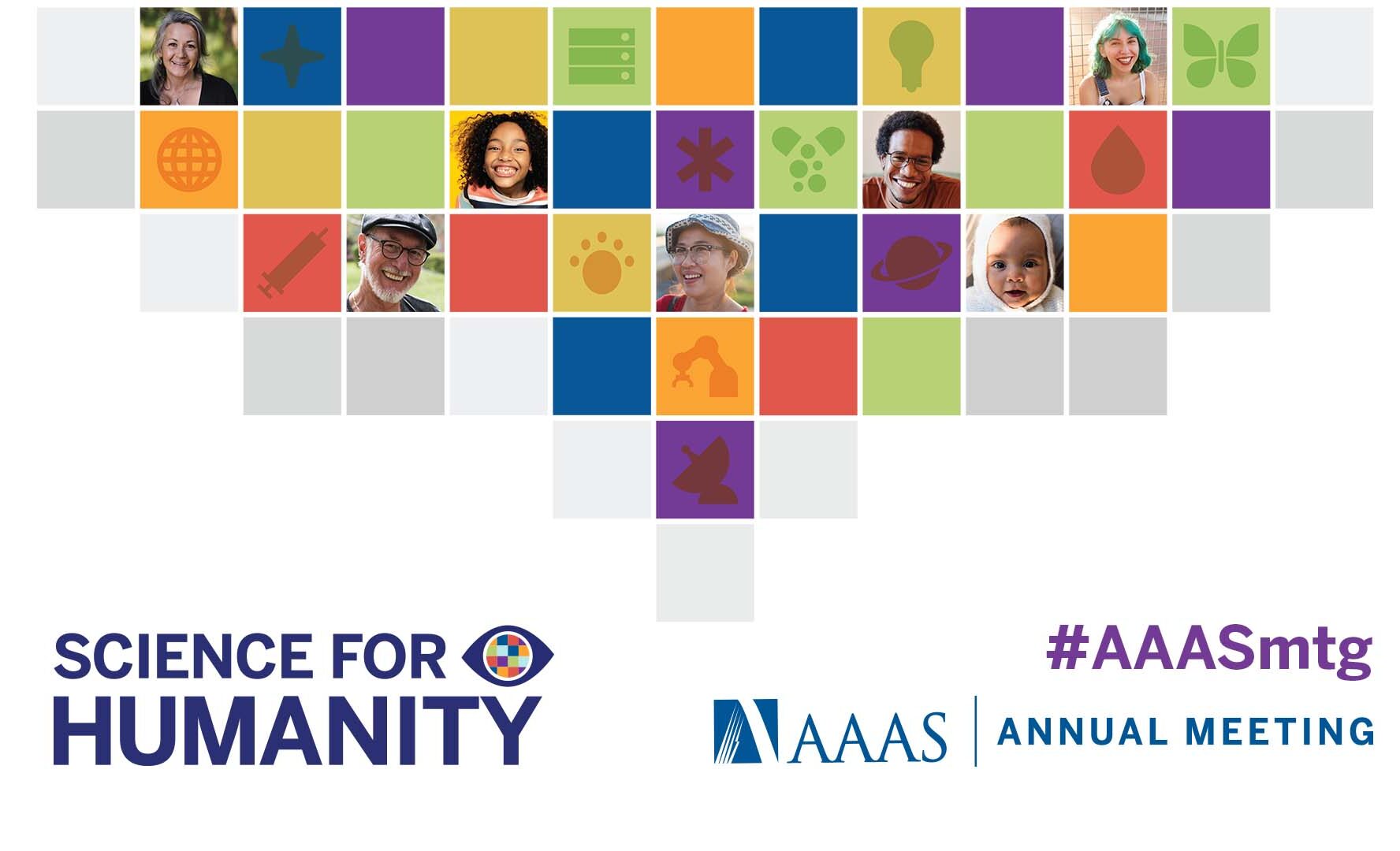
On March 2-5, the American Association for the Advancement of Science’s (AAAS) Annual Meeting was held in Washington, DC. AAAS was founded in 1848 on the principle of supporting and highlighting scientific research at the national level, and was the first organization of its kind in the United States. The annual meeting featured hundreds of scientific sessions, plenary and topical lectures, workshops, and e-poster presentations, and was attended by researchers in all disciplines of science as well as members of the government and media organizations. The Computing Community Consortium attended and hosted 6 scientific sessions on a broad range of computing topics, which are listed below. We will release weekly blogs that go more in depth on each CCC panel and the Q&A portions that followed, so stay tuned for those.
- Surveillance, Assistance, or Hinderance? Technology for Older Adults Caregiving
- Emerging Election Technologies Enhancing Integrity, Transparency, and Confidence
- Improving Mental Health and Supporting Self-regulation with Technology
- Sustaining Computing Research Communities in a Hybrid World
- Health Equity: How can algorithms and data mitigate, not exacerbate, harms
- Maintaining a Rich Breadth for Artificial Intelligence
Though most panels of the conference went off without a hitch for those in-person, it was a different story for those who attended virtually. The annual meeting, which was scheduled to be a hybrid event, unfortunately ran into technical difficulties during the first day, which by the second day were found to be insurmountable. During the morning of the second day AAAS made the difficult decision to cancel all virtual capabilities and continue the conference as a solely in-person event. This failure of technology is another example highlighting the myriad of problems which arise when virtual and in-person meetings are combined. The CCC’s fourth panel of the conference, “Sustaining Computing Research Communities in a Hybrid World”, addressed this technological failure and even had a brief discussion with the Chief Information Officer of AAAS, Jay Brodsky, during the Q&A portion of the panel. Stay tuned for an in depth blog post on that discussion and the rest of the panel.









